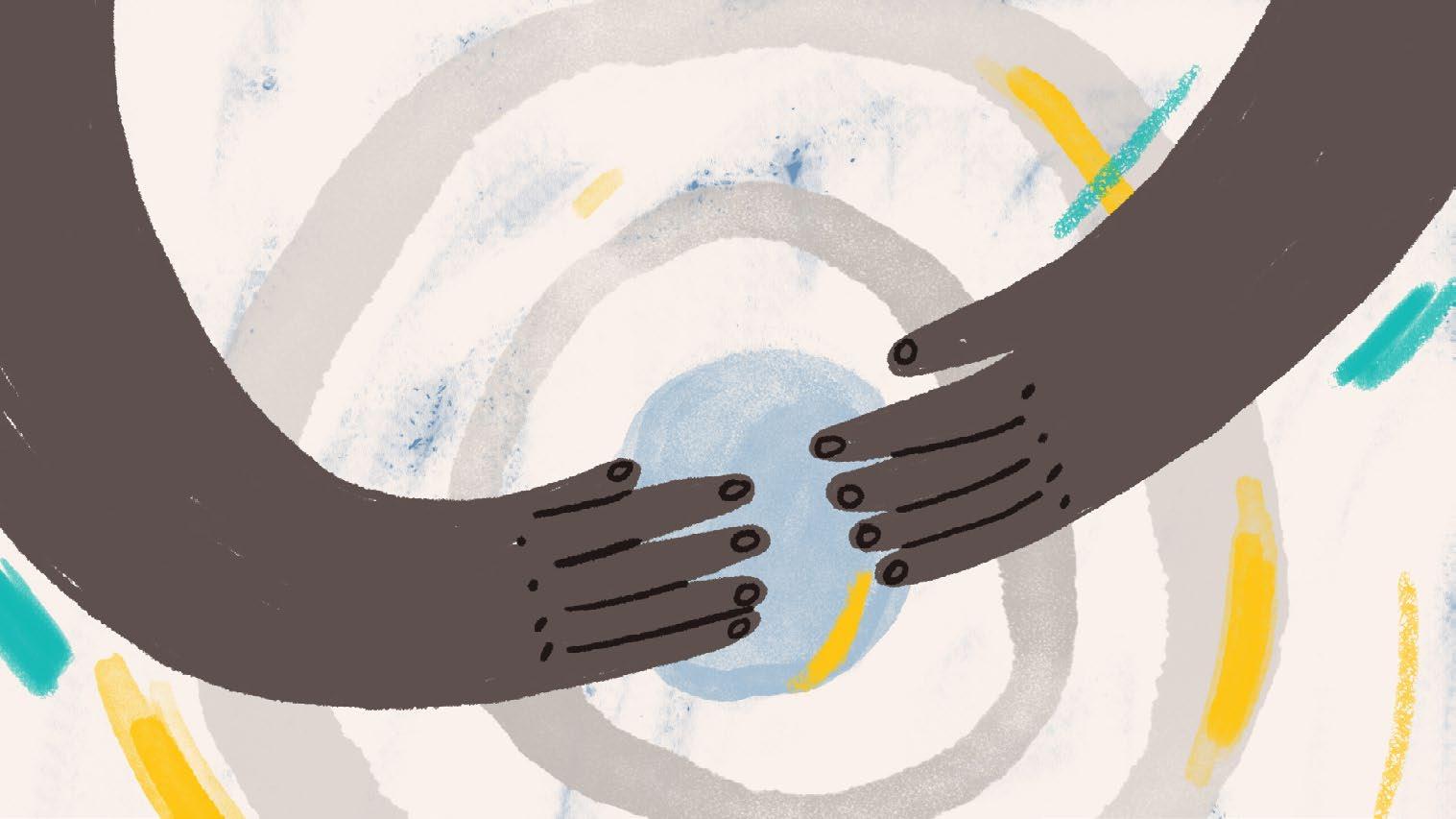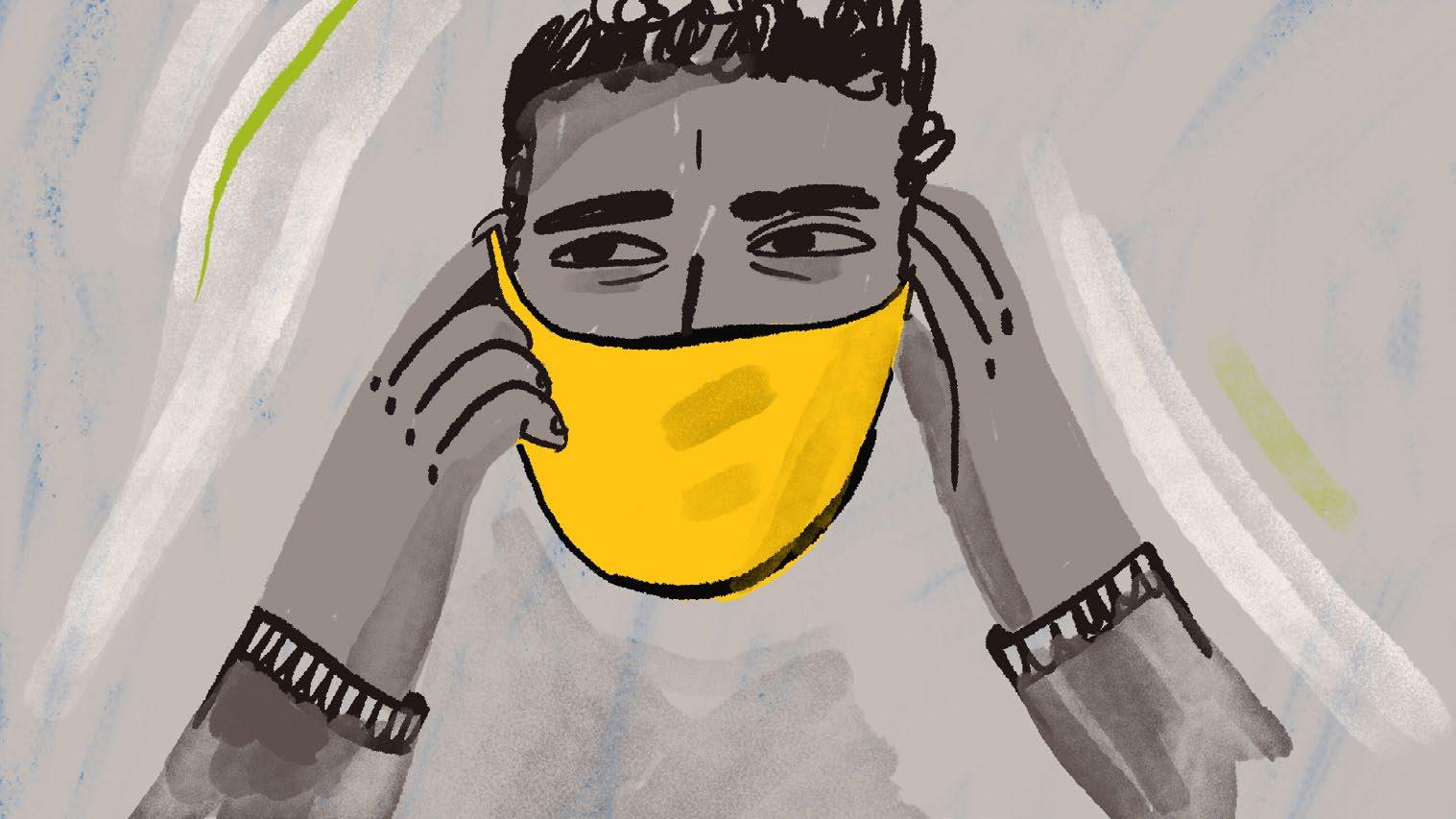4
The Cruelty of Containment: The Mental Health Toll of the EU’s ‘Hotspot’ Approach on the Greek Islands
(47%) of people beforehand to almost two in three people (63%) and in disclosures of self-harm, which jumped by 66%. At the roots of this crisis are longstanding and unresolved political and policy failures at both the Greek and EU levels. EU member states’ inability to agree on a fair system of shared responsibility has been compounded by the prioritisation of deterrence and border control above upholding the right to seek asylum and the human rights, dignity and wellbeing of those in search of protection. Policies of containment put in place to implement the EU-Turkey Statement, coupled with persistent gaps in the Greek state response to provide adequate reception and accommodation and effectively process asylum claims, are clearly harming asylum-seekers arriving at Greek shores.4 This approach is also taking a serious toll on local communities. Increasingly frustrated with the deteriorating situation on their islands, people once hailed for their warm welcome and support, have begun to target those seeking asylum and those who assist them, often actively encouraged by far-right activists.5 Urgent action is required. After several years of deadlock, the forthcoming negotiations following the publication of the EU’s Pact on Asylum and Migration are Europe’s last window of opportunity to put in place a fair and sustainable system that works in the interests of both new arrivals and local communities. Announcing the Pact, Commission President Von der Leyen pledged to achieve a balance between solidarity and responsibility and to ensure that Europe manages migration in a humane and effective way. There is some way to go to make this a reality. The Pact includes some positive steps forward, but there are also elements that risk taking us in the opposite direction. New screening procedures before an asylum claim can be lodged could mean longer waiting times for people at processing centres, while increased grounds for detention could allow such centres to become closed camps. There continues to be a strong focus on preventing people from arriving in Europe through irregular channels, but very little on establishing safe and legal pathways. Critically, the absence of an automatic relocation mechanism means large numbers of people will continue to be trapped in Greece. The current construction of new compounds on the Greek islands in partnership with the EU, coupled with the proposals above, all suggest a continuation of the current containment model. Indeed, mandatory border screening could mean more camps on Europe’s borders – not less. The inhumane facilities on the Greek islands should never have existed and must not be the blueprint for the EU’s future approach to forced migration. The European Commission’s vocal acknowledgement of the crisis at Europe’s borders is welcome, but refugees
and asylum-seekers trapped in dreadful conditions need more than words. They need protection that includes the enforcement of existing legal provisions by states that receive them. They need to be treated with dignity, whatever the outcome of their asylum claim. They also need safe and legal routes to reach Europe. Without this, women, men and children, of all ages and backgrounds, will continue to suffer needlessly, with their resilience diminished and their mental health harmed as a result of Europe’s response to forced migration. This year, 495 unaccompanied children from the Greek islands were successfully relocated to EU member states following the onset of the pandemic. Efforts were also made to transfer people following the fires that ripped through Moria camp.6 These measures are proof that political will and coordinated action can transform the lives of people held in the island camps. As negotiations on the Pact begin, the stories in this report that testify to the ongoing cruelty of containment should give pause for renewed reflection on the need for true solidarity and responsibility-sharing in Europe.











